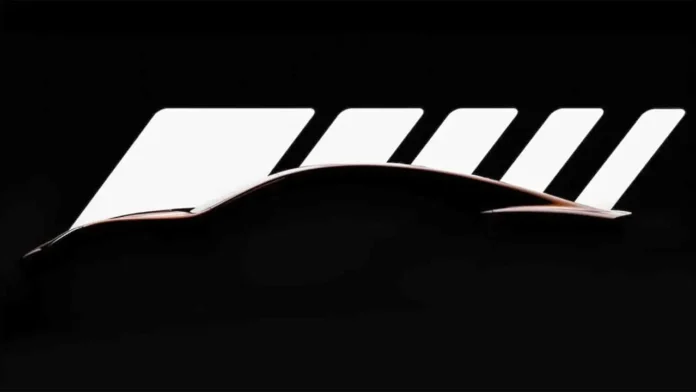Introduction to AESC’s Manufacturing Ambitions
The Chinese-owned battery manufacturer, Automotive Energy Supply Corp. (AESC), had ambitious plans for battery production in the United States. They were in the process of investing significantly to establish several plants, primarily located in Kentucky and South Carolina, to cater to the growing demand for electric vehicle (EV) batteries.

Setbacks in Construction and Tariff Implications
However, after experiencing numerous hurdles, including import tariffs that made essential machinery prohibitively expensive—up to a staggering 145% for equipment from China—AESC has had to pause construction at two of its facilities. Initially aiming to create a solid manufacturing footprint in the U.S., these challenges have hindered their objectives. Additionally, rushed construction practices led to costly adjustments, further complicating their ventures.
Adapting Strategies Amidst Changing Demand
Interestingly, despite securing over $150 million in public funding, AESC has scaled back its plans. The only operational U.S. plant, located in Tennessee, has pivoted from producing EV battery packs to focusing on industrial energy solutions due to softening EV demand. This strategy serves to generate revenue while they seek funds, including potential loans, to complete construction on the South Carolina plant—which will support BMW’s new EV manufacturing site.
As the landscape for EV production and battery supply chains continues to evolve, it is apparent that policy changes and tariff measures significantly affect the manufacturers like AESC. With insights from economic analysts and comments from Senator Ron Wyden, the situation exhibits a complex interplay of manufacturing aspirations and economic realities.



